Highly Specialised Technologies (HST)
Highly Specialised Technologies (HST) are treatments developed specifically for extremely rare conditions. These technologies are assessed through a specialized framework that differs from the standard single technology assessments (STAs), focusing on broader aspects beyond direct health benefits.
Key features of the HST evaluation framework include:
– Challenges in Clinical Trials and Resulting Uncertainty: Addresses the higher uncertainty in cost-effectiveness estimates due to the inherent difficulties in conducting clinical trials for rare diseases.
– Comprehensive Impact Assessment: Considers wider implications such as service delivery challenges and the significant financial burden on manufacturers due to high R&D investments.
– Flexible Cost-Effectiveness Threshold: Applies a higher threshold of £100,000 per QALY gained, which can rise to £300,000 under specific circumstances.
– Outcomes-Based Managed Access Agreements: Facilitates agreements that focus on patient outcomes, allowing for close monitoring of the small populations treated.
Eligibility for HST assessment is based on:
– Size of Target Patient Group: Focuses on very limited patient populations.
– Nature of the Condition: Targets rare conditions requiring specialized national services.
– Cost of Technology: Takes into account the significant development and provision costs.
Since 2013, the National Institute for Health and Care Excellence (NICE) in the UK has been responsible for the assessment of these technologies. The dedicated HST committee within NICE ensures that patients with rare conditions gain access to innovative and effective treatments while balancing economic sustainability and the practical challenges faced by manufacturers.
